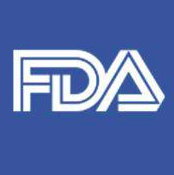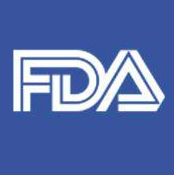FDA’s New Food Recall Recommendations Focus on Training, Recordkeeping, and Procedures

This week, the U.S. Food and Drug Administration (FDA) issued new draft guidance that, when finalized, will provide industry with clear information on ways to prepare, plan, and work with the agency to ensure voluntary food product recalls are initiated properly and promptly.
The draft guidance, entitled “Initiation of Voluntary Recalls Under 21 CFR Part 7, Subpart C,” includes recommendations in three key areas:
Training: Proper training of personnel is perhaps one of the most important elements to effectively executing a recall. The draft guidance provides recommendations for companies who manufacture or distribute FDA-regulated products to adopt in readying their staff for potential recall situations. Specifically, this new draft guidance advises companies on ways to best identify and train appropriate personnel on their responsibilities during a recall, establish a recall communications plan, and identify what FDA reporting requirements there may be, among other things.
Recordkeeping: Thorough and organized recordkeeping is especially important as the agency continues its efforts to improve recalls through product traceability by tapping into modern approaches such as blockchain technology to further advance our mission of protecting public health. The draft guidance also advises companies on the importance of properly coding their products and maintaining distribution records in order to conduct the most effective recall possible
Procedures: Written recall initiation procedures help to minimize delays created by uncertainty. For companies that initiate a recall, using initiation procedures can help reduce the amount of time a defective or potentially harmful product is on the market and that in turn reduces the potential exposure to consumers. For consignees of a company that initiates a recall, these procedures can help extend the recall quickly throughout the distribution chain. The guidance recommends that firms consider preparing and maintaining written recall initiation procedures to swiftly ensure their recalled products are removed from the market. These procedures should clearly describe the appropriate actions to take when a decision is made to initiate a recall. They should also help ensure that necessary actions are not overlooked and may minimize the disruptive effect a recall can have on a company’s operations.
This guidance is just the latest in an 18 months-long effort of proactive and systematic improvements to the FDA’s recall processes. According to FDA, the agency’s actions over the last year and a half have resulted in more timely information being available to consumers, allowing them to protect themselves and their families.
Sign up for Food Safety Magazine’s bi-weekly emails!
Subscribe to our podcast: Food Safety Matters!
Looking for a reprint of this article?
From high-res PDFs to custom plaques, order your copy today!





